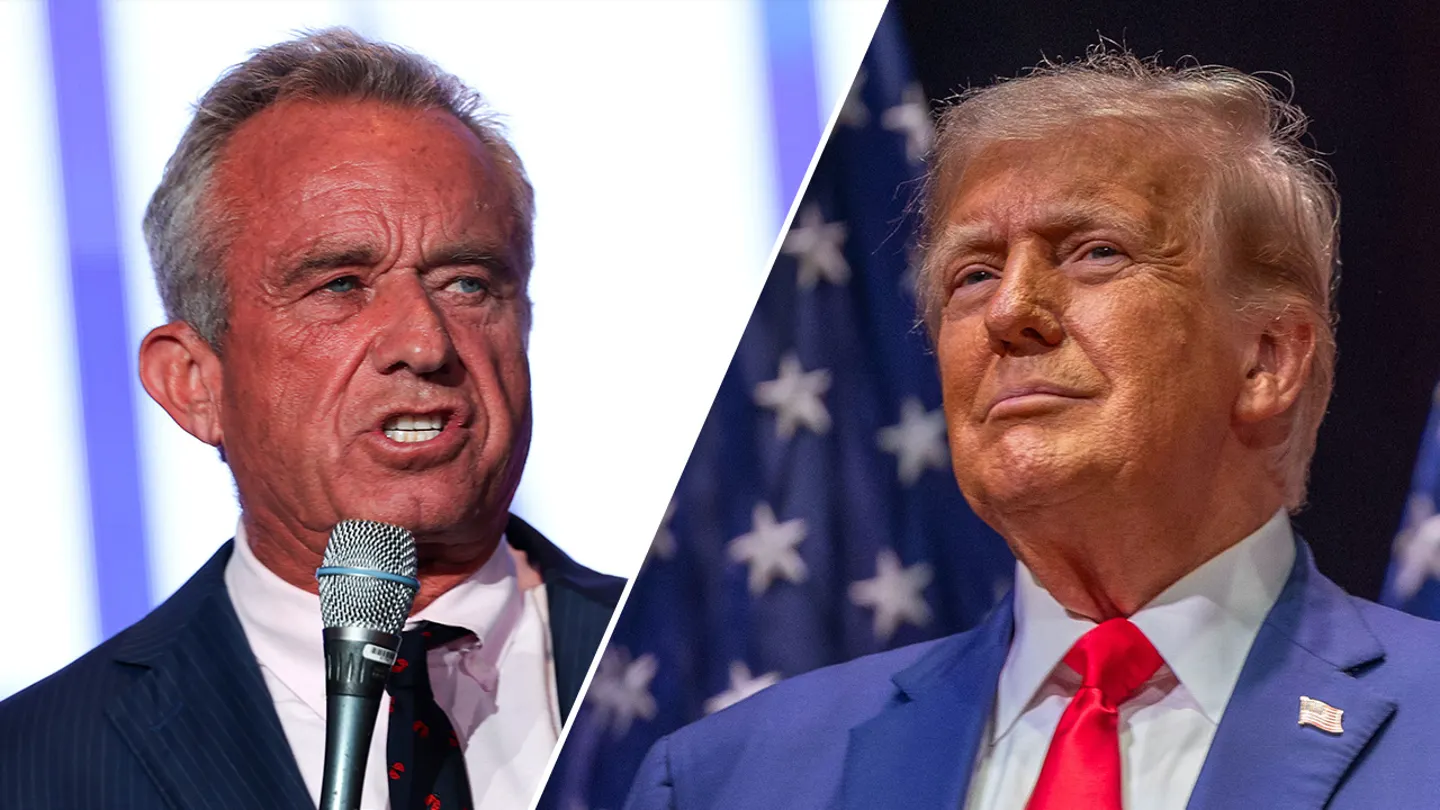
The recent confirmation of Robert F. Kennedy Jr. as Trump’s Health Secretary has sparked a plethora of reactions across the political spectrum, reflecting deep-seated divisions over public health policies and vaccine skepticism. In a narrow 52-48 Senate vote, Kennedy, known for his controversial stances on vaccines and his leadership role in the anti-vaccine movement, has stepped into a role that could significantly influence American health policy during a time of increasing concern about chronic diseases and public health initiatives.
The Road to Confirmation
The journey to Kennedy’s confirmation as HHS secretary was fraught with challenges, intense scrutiny, and passionate debates that revealed the complexities surrounding his nomination and the implications for national health policies.
An Unexpected Nominee
Kennedy’s path to becoming Trump’s Health Secretary was anything but traditional. As the son of former Attorney General Robert F. Kennedy and nephew of President John F. Kennedy, he carries a legacy that is both influential and polarizing. His history as an environmental lawyer and activist drew attention, yet it was his anti-vaccine rhetoric that painted him as a controversial figure.
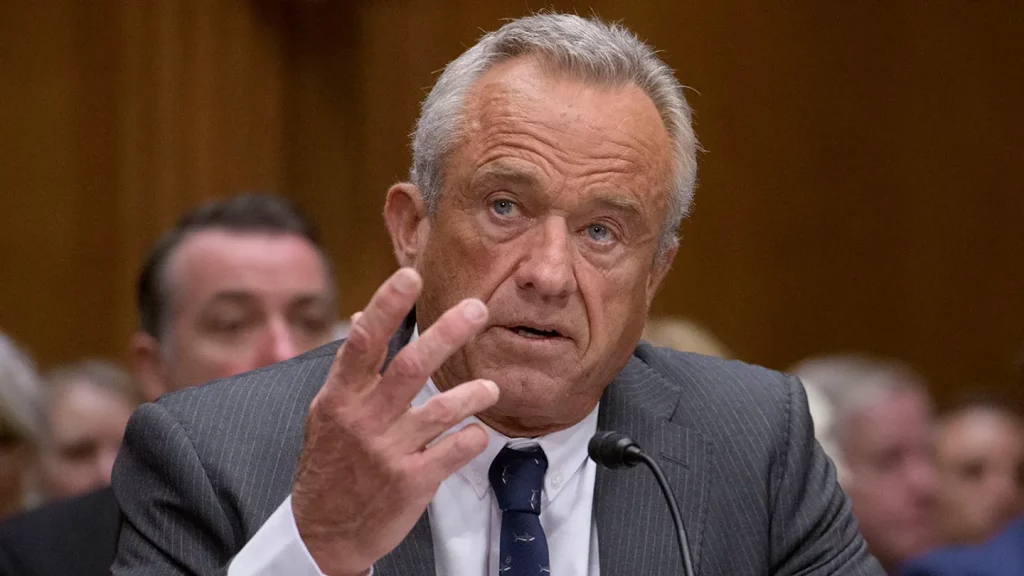
Many expected his nomination to be met with fierce opposition given his long-standing views, particularly his claims linking vaccines to autism—a stance that has been widely debunked by scientific research. Nevertheless, Kennedy managed to win the Senate vote, a decision heavily influenced by the political climate and party loyalties rather than a consensus on his qualifications or past statements.
Party Lines and Individual Votes
The vote saw almost complete adherence to party lines, with notable exceptions. Senator Mitch McConnell, a prominent Republican and polio survivor, broke ranks to oppose Kennedy’s nomination, reflecting the internal conflicts within the GOP regarding vaccine mandates and public health measures. This dissent illustrated how personal experiences can shape political decisions, particularly when it comes to issues as sensitive as public health.
Conversely, Senators Bill Cassidy and Susan Collins emerged as pivotal supporters, providing endorsements after securing commitments from Kennedy regarding transparency and collaboration moving forward. Their endorsements highlighted a willingness among some lawmakers to look beyond Kennedy’s previous statements in favor of what they perceived as a potential for positive change in HHS’s approach to public health issues.

The Role of Advocacy Groups
Organizations and advocacy groups played a significant role in the confirmation process as well. Supporters of Kennedy lauded his commitment to addressing chronic diseases and promoting healthy lifestyles—issues that resonate with many Americans concerned about the state of national health. Critics, however, pointed to his association with the Children’s Health Defense, an organization that has been at the forefront of the anti-vaccine movement, questioning how he would balance these interests if confirmed.
The debate underscored the growing rift between science-based health initiatives and alternative health perspectives, raising questions about the future direction of HHS under Kennedy’s leadership.
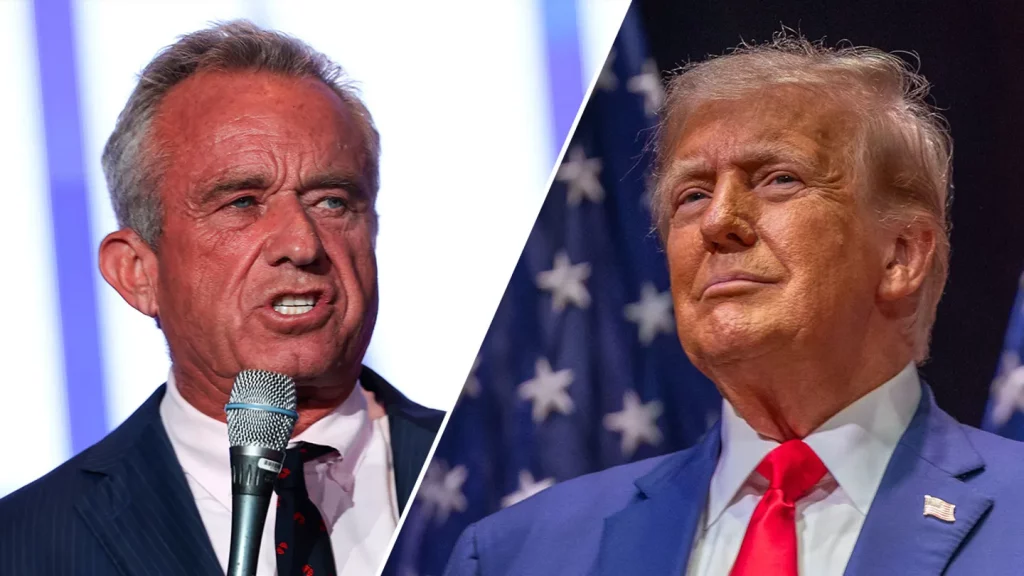
Impact on Public Health Initiatives
With Kennedy now at the helm of the Department of Health and Human Services, numerous questions loom about the future of public health initiatives and how they might shift away from established scientific guidelines toward more personalized interpretations of health policy.
Promoting Healthy Lifestyles vs. Vaccine Skepticism
One of Kennedy’s primary pledges as Trump’s Health Secretary centers around promoting healthy lifestyles. Yet, this pledge is intertwined with his controversial history regarding vaccines, placing him in a precarious position. How will he advocate for public health measures that rely on vaccination while maintaining his stance on individual choice in health?
This tension raises essential questions about the normalization of anti-vaccine sentiments within government circles. If Kennedy prioritizes lifestyle changes, will he downplay the importance of vaccinations? Or will he find a way to harmonize these two approaches, emphasizing healthy lifestyles without undermining critical vaccination efforts needed for herd immunity and community health?
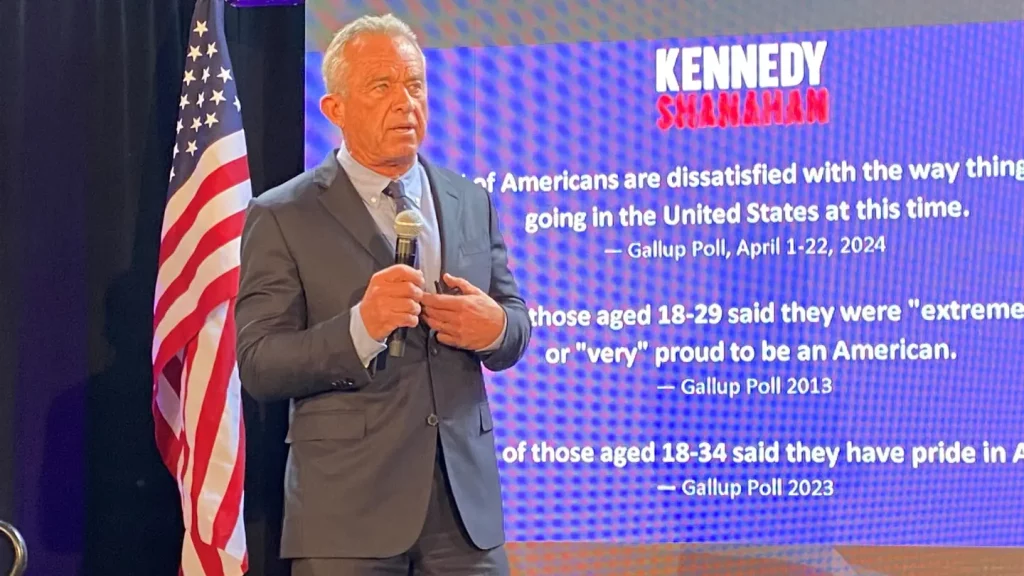
Legislative Changes Ahead
As HHS Secretary, Kennedy holds significant sway over health policy legislation, and his influence could lead to changes in how federal health initiatives prioritize vaccination programs. Should he allow his beliefs to steer policy-making, we may witness a pivot toward less stringent vaccination requirements, potentially affecting communities already vulnerable to outbreaks of preventable diseases.
Furthermore, his leadership will likely inspire other states and local jurisdictions to reconsider their health policies. For instance, states that have adopted strict vaccine mandates may face renewed pressure to relax these regulations, fostering a climate of doubt about proven medical interventions.
Collaborative Efforts and Transparency
Kennedy’s commitment to transparency and collaboration will be essential in determining the success of his agenda as Trump’s Health Secretary. The recent endorsements from Senators Cassidy and Collins suggest a recognition of the need for open dialogue—an acknowledgment that despite differences in health philosophy, cooperation is vital to tackle pressing public health challenges.
Establishing partnerships with health organizations and professionals who adhere to evidence-based medicine will be crucial. By fostering a collaborative environment within the HHS, Kennedy could help bridge the divides that have become increasingly pronounced in recent years, moving toward a more unified approach to public health.
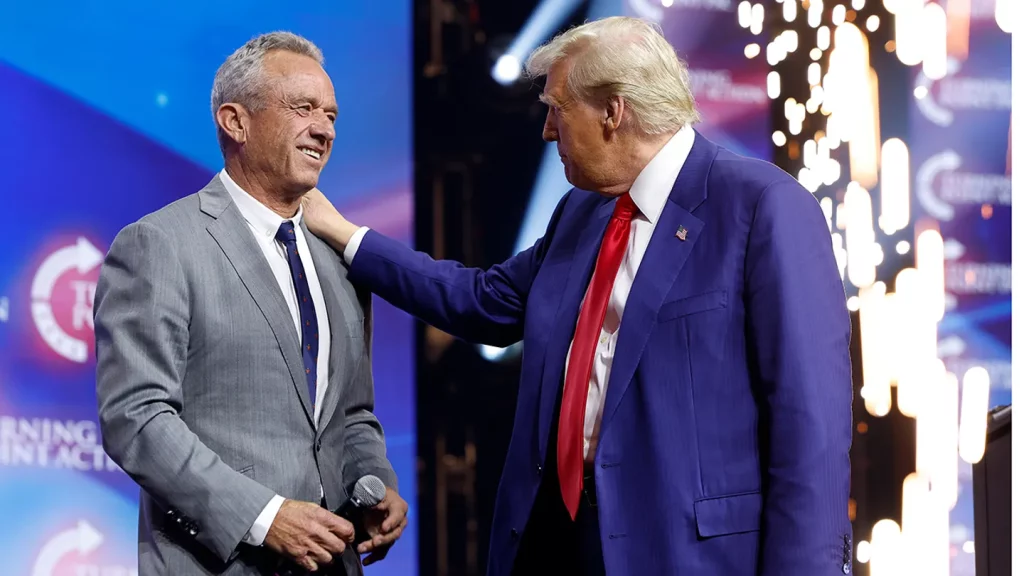
Responses from the Political Arena
Following Kennedy’s confirmation, the political landscape reacted swiftly, highlighting the tension surrounding public health discourse in America today.
Criticism from the Democratic National Committee
The Democratic National Committee (DNC) did not hold back in expressing its discontent regarding Kennedy’s ascension to HHS. The DNC characterized his confirmation as indicative of a broader trend within the Republican Party—the erosion of trust in science and reliance on discredited notions surrounding vaccine safety.
Their criticisms raise pertinent questions about accountability and responsibility in government positions tied to public health. Is there a risk that Kennedy’s past statements could cast doubts on public health messaging, especially amid ongoing debates surrounding vaccine efficacy and safety in a post-pandemic world?
The Role of Media in Shaping Public Perception
Media coverage has also played a significant role in shaping public perception of Kennedy’s confirmation. Outlets that endorse vaccine skepticism often portray him as a champion of individual rights, while mainstream media outlets highlight the dangers of misinformation propagated by figures like Kennedy.
Media narratives will undoubtedly influence public attitudes towards health policy, especially regarding vaccination. These divergent representations may further entrench existing divisions among the electorate, complicating efforts to promote a cohesive public health message.
Grassroots Movements and Public Sentiment
On the ground, grassroots movements supporting or opposing Kennedy’s appointment are emerging, reflecting the widespread concerns held by various segments of the population. Advocacy groups focused on vaccine education and safety are mobilizing efforts to counteract any shifts away from evidence-based public health policies.
Public sentiment remains polarized, and the responses from citizens will factor heavily into how Kennedy manages his tenure as HHS Secretary. Engaging communities and addressing their fears and concerns will be vital for Kennedy as he endeavors to establish credibility in a role charged with safeguarding public health.
A Broader Reflection on Health Leadership
Kennedy’s confirmation brings to light urgent discussions about the nature of health leadership in the United States, challenging us to think critically about what constitutes effective leadership in health policy.
Defining Effective Health Leadership
Effective health leadership requires balancing scientific integrity with the diverse beliefs and values of the populace. A leader must possess not only expertise but also the ability to communicate effectively with the public, fostering trust and collaboration.
As Kennedy takes on this immense responsibility, he faces the challenge of reconciling his past positions with the expectations of the role. Can he effectively navigate the landscape of competing ideologies while ensuring that public health decisions are informed by rigorous scientific standards?
The Importance of Trust in Public Health
Trust is paramount in the realm of public health. Without it, health initiatives can falter, resulting in lower vaccination rates and increased susceptibility to disease outbreaks. Kennedy’s history poses a significant challenge to building that trust, especially among groups wary of vaccine safety.
He will need to actively work to rebuild confidence in vaccination programs while promoting healthy lifestyles—this dual undertaking may prove to be one of the most significant tests of his tenure. Open dialogue, transparent practices, and a willingness to acknowledge past mistakes will all contribute to fostering a renewed sense of trust.
Moving Forward: A New Era of Health Policy
Kennedy’s confirmation signals a shift in the health policy landscape, introducing new dynamics that warrant close observation. The coming months will reveal the extent to which Kennedy embraces a collaborative approach that values scientific guidance while addressing concerns from diverse constituents.
As the nation grapples with the repercussions of Kennedy’s appointment, it becomes clear that the era of health policy requires adaptive leaders who can respond to emerging challenges while remaining steadfast in upholding the principles of public health. How he proceeds will ultimately shape the course of health initiatives in America.
Conclusion
Robert F. Kennedy Jr.’s confirmation as Trump’s Health Secretary marks a watershed moment in American politics and public health. With his contentious background in vaccine skepticism juxtaposed against a platform of promoting healthy lifestyles, the implications of his leadership will unfold over time.
The reactions from both sides of the aisle underscore the deep divisions surrounding health policy today, leaving many wondering how Kennedy will navigate this complex terrain. As the nation braces for the impact of his tenure, it becomes evident that constructive dialogue and collaboration will be essential to advance public health in an increasingly polarized landscape.
Moving forward, the focus should remain on fostering trust, transparency, and sound science in health policies, as Kennedy embarks on what promises to be a challenging and transformative journey for the Department of Health and Human Services.